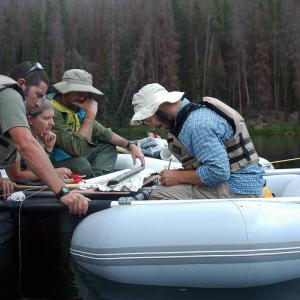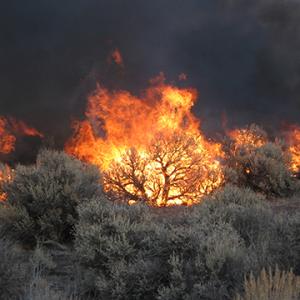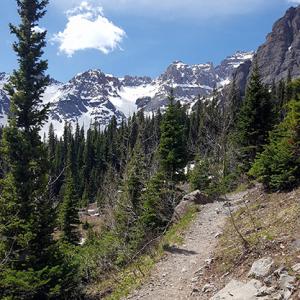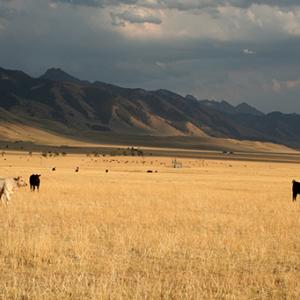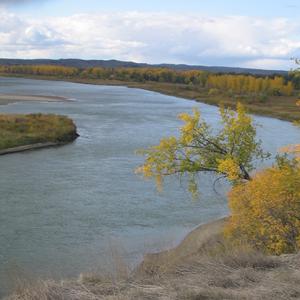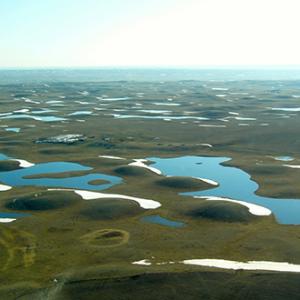News
NC CASC Webinar Series: "Integrating Climate Change Projections with Breeding Waterfowl Habitat Models"
The Prairie Pothole Region (PPR) is recognized as one of the most productive areas for waterfowl in North America and is used by an estimated 50–80 % of the continent’s breeding duck population. The ongoing acquisition program of the U.S. Fish and Wildlife Service National Wildlife Refuge System has conserved approximately 1.3 million hectares of critical breeding-waterfowl habitat.





